
Building sustainable partnerships through unrestricted funding
The exact rate of ICR received by implementing organisations varies and is often a process of negotiation. However, as a ballpark figure, it is usually between 7-10%.

The exact rate of ICR received by implementing organisations varies and is often a process of negotiation. However, as a ballpark figure, it is usually between 7-10%.
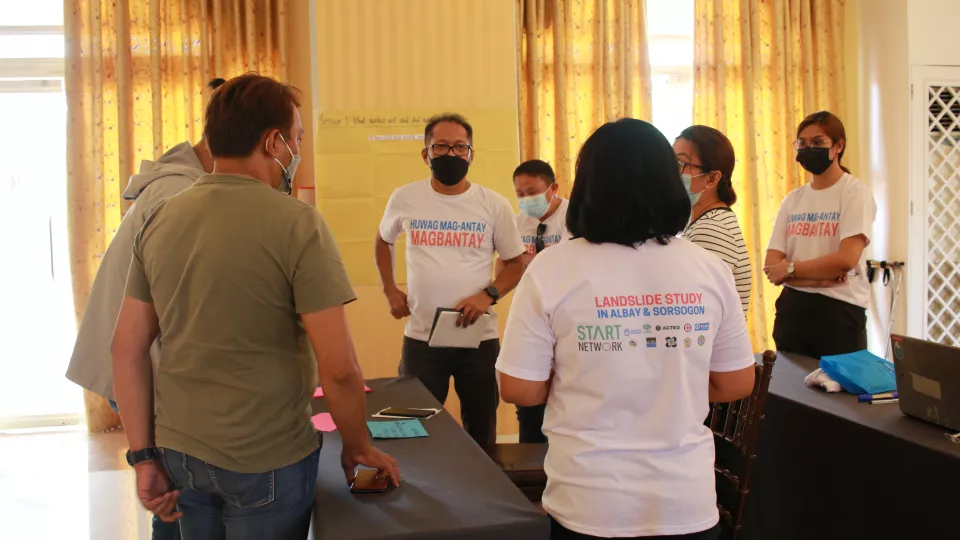
The humanitarian sector aims to be locally led and therefore, it is important that the humanitarian sector listens to organisations acting at the local scale, so we can learn from their experiences and adapt to meet their needs. Over recent years, Start Network has engaged local and national non-governmental organisations through interviews and surveys to determine ways in which humanitarian structures can do better to support them. Gathering perceptions from non-governmental organisations has led to some pertinent findings related to exclusionary practices that some organisations acting at the local scale experience and led to some key recommendations that humanitarian actors can begin to implement in order to build equitable partnerships. While more in-depth research on these systemic issues continues to be conducted by Start Network and other organisations, we hope that this overview can assist international actors to begin positively disrupting the traditional systems that create barriers to equity within crisis response.

In June 2021, Bright Star Development Society Balochistan (also known as BSDSB or Bright Star) were funded to assist in mitigating against the anticipated heatwave in Sibi (Pakistan). In this locally-led anticipatory action response Bright Star provided behaviour messaging in addition to "cooling facilities" with cold water and a place to rest. This paper summarises some of the evidence and learning from an evaluation of this response.

Local and national NGOs in coastal Bangladesh have come together to form the Sundarban Coalition.
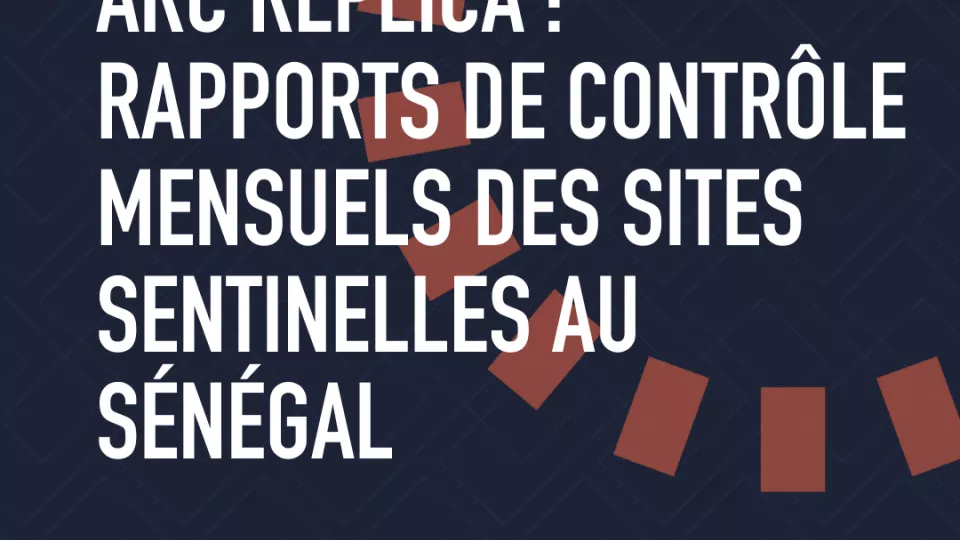
Cette ressource fournit six rapports de mars/avril à septembre 2020 et résume la situation des moyens de subsistance des ménages par rapport à : l'agriculture et la disponibilité de l'eau, la santé des ménages, et la sécurité alimentaire, et l'accès aux prêts.
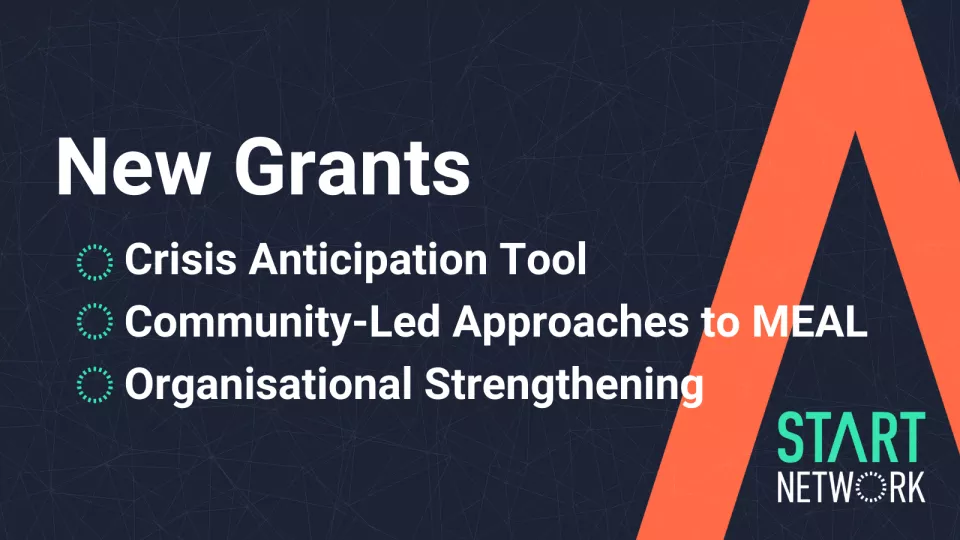
Start Network has launched three new grants that will enable members to access funds in order to accelerate locally led anticipatory action and community-led approaches to monitoring, evaluation, accountability and learning.

স্ার্ট ননরওয়াল্্টর ২০২১ সালের নশষ তরিমারসল্র (র্উ৪) প্রধান প্রধান রশষোগুলোর সংরষেপ্ত রিিরণ এই তরিমারস্ রশখন সারসংলষেলপ (ন্ায়ার্টাররে োরন্টং ররেফ – র্উএেরি) ত়ুলে ধরা হয়। সারা িের জ়ুলড নশয়ার ্রা রশষোসমূহ এরালত সং্রেত ্রা হয় এিং প্রেম, রবিতীয় ও তৃতীয় তরিমারসল্ (এখালন র্উ১’র্ রশখন সারসংলষেপ পড়ুন) (এখালন র্উ২’র্ রশখন সারসংলষেপ পড়ুন) (এখালন র্উ৩’র্ রশখন সারসংলষেপ পড়ুন) এরা সরিরাহ ্রা হয়।
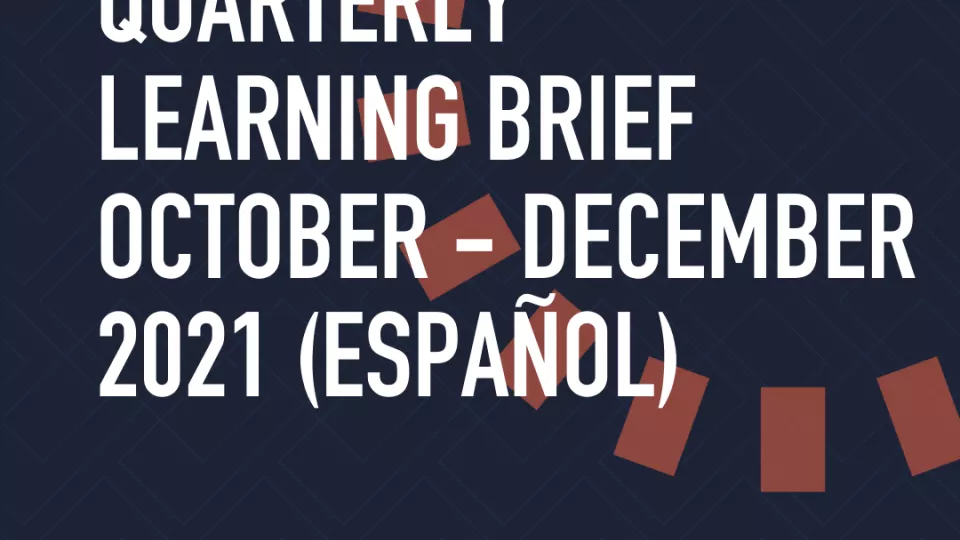
Este informe de aprendizaje trimestral (QLB) resume algunos de los aprendizajes clave de la Red Start del último trimestre (Q4) de 2021. Completa el aprendizaje compartido a lo largo del año y proporcionado en el primer, segundo y tercer trimestre.

Cette note trimestrielle d'apprentissage (QLB) résume certains des principaux apprentissages du Start Network au cours du dernier trimestre (Q4) de 2021. Il complète l'apprentissage partagé tout au long de l'année et fourni aux T1, T2 et T3.
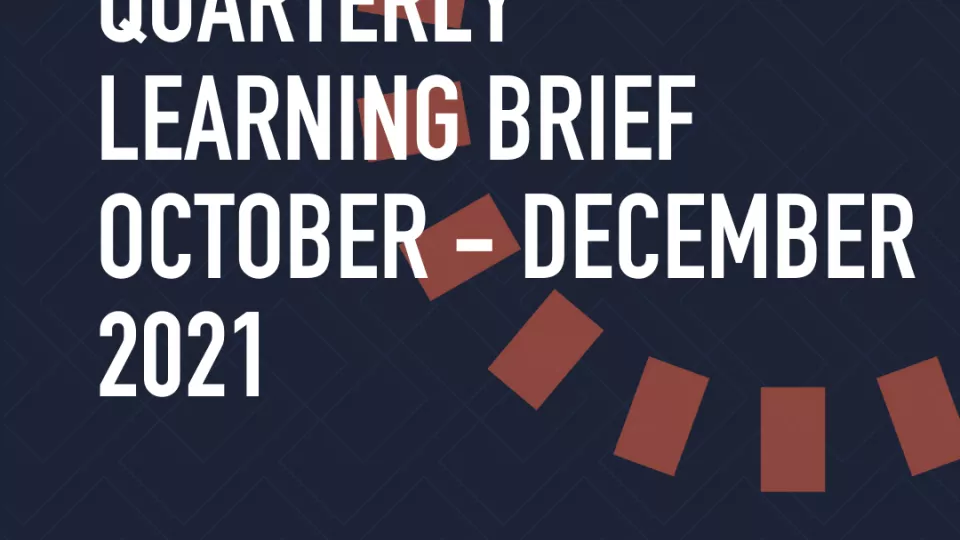
This quarterly learning brief (QLB) summarises some of Start Network’s key learning from the last quarter (Q4) of 2021. It completes the learning shared across the year and provided in Q1, Q2 and Q3.